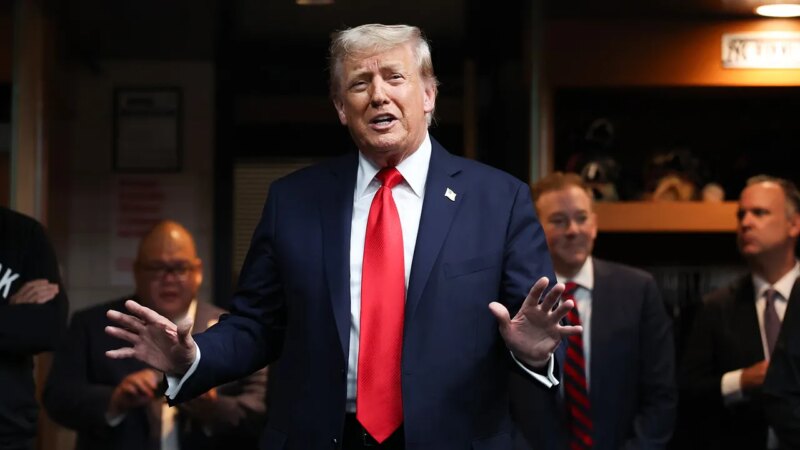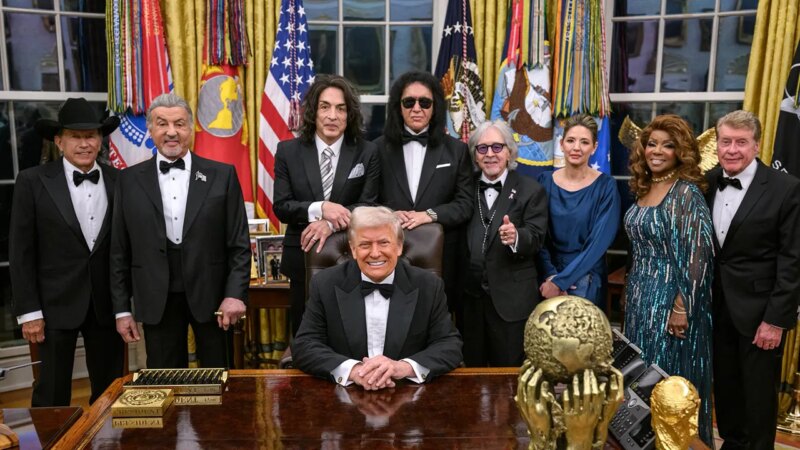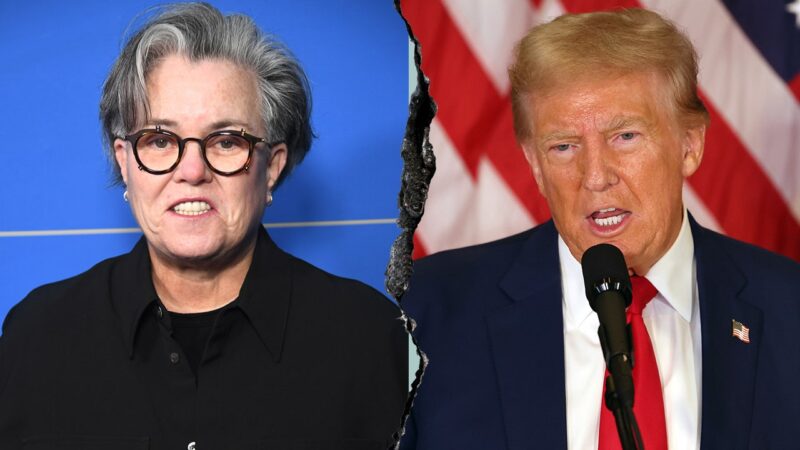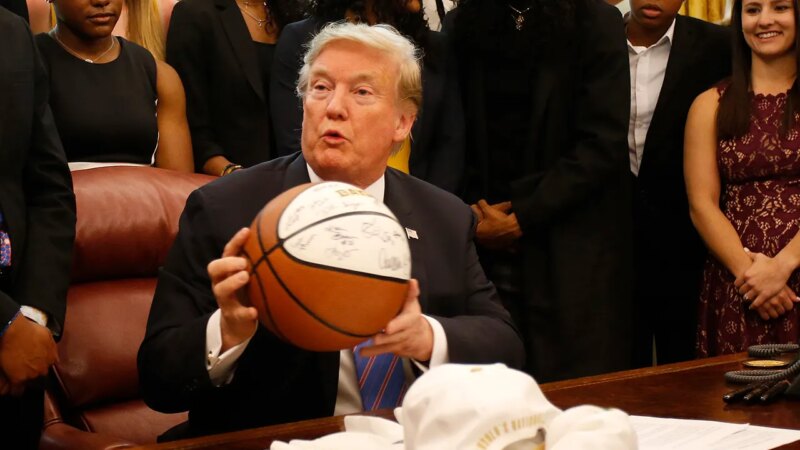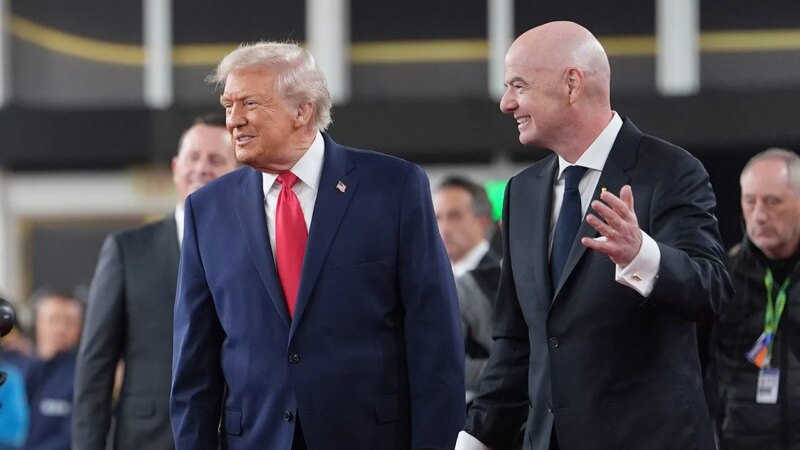States sue Trump admin over reduced SNAP benefits for migrants
NEWYou can now listen to Fox News articles!
A coalition of 21 Democratic attorneys general sued the Trump administration Wednesday to block new U.S. Department of Agriculture guidance that they argue illegally lists thousands of immigrants — including refugees and asylum seekers — as being “permanently” ineligible for anti-hunger benefits.
The lawsuit, filed by the attorneys general Wednesday in Eugene, Oregon, seeks to block the U.S. Department of Agriculture’s new, more narrow eligibility criteria for Supplemental Nutrition Assistance Program (SNAP) benefits, which the agency published in a memo late last month.
They argued that the new USDA guidance, intended to comply with a provision under the GOP-led Big Beautiful Bill tax and spending legislation, goes beyond what lawmakers intended by incorrectly classifying certain individuals — including refugees and asylum seekers who have been granted lawful permanent resident status in the U.S. — as “permanently ineligible” for SNAP.
Rather, they said, the guidance “threatens to destabilize SNAP nationwide,” and risks jeopardizing food access for families who “have done everything right.”
TRUMP, STATES BACK IN COURT OVER SNAP AS BENEFITS REMAIN IN LEGAL LIMBO
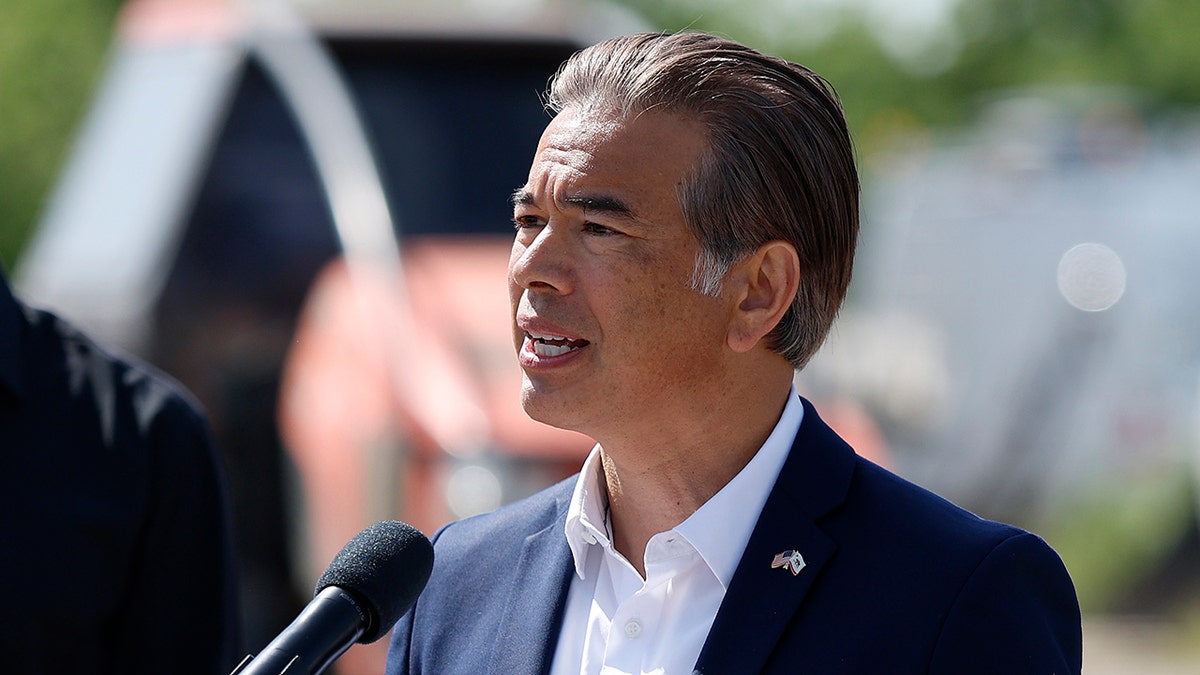
California Attorney General Rob Bonta (R) speaks as California Governor Gavin Newsom looks on during a news conference at Gemperle Orchard on April 16, 2025, in Ceres, California. (Justin Sullivan/Getty Images)
The attorneys general said Wednesday that the new USDA guidance in question makes clear that “refugees, asylees, humanitarian parolees, individuals whose deportation has been withheld, and other humanitarian entrants become eligible for SNAP once they obtain their green cards and meet standard program requirements.”
California Attorney General Rob Bonta told reporters on a call Wednesday that the USDA guidance “blatantly misapplies the agency’s own regulations” for SNAP, the nation’s largest anti-hunger program that provides food aid to some 40 million Americans each month.
While it is unclear how many individuals in each state would be affected, the attorneys general estimated the number would be well into the thousands, including more than 30,000 residents in New York alone.
The new guidance “misclassifies entire groups of lawfully present immigrants as ‘not eligible’ when the law says they are eligible once they become lawful permanent residents,” Bonta said Wednesday, describing the guidance as reading “like someone took notes from the Grinch.”
STATES SUE TRUMP ADMIN OVER BILLIONS IN LOOMING CUTS TO SNAP, FOOD STAMPS

Vendors at a farmer’s market in Maryland accept Electronic Benefit Transfer (EBT) tokens via the SNAP benefit program. (Al Drago/Bloomberg via Getty Images)
The lawsuit asks a federal judge in Oregon to grant emergency relief and issue an order blocking the USDA guidance. It also warned that the patchwork system of benefits created as a result of the guidance “threatens to destabilize SNAP nationwide,” and risks financial harm, including penalties issued to states who do not comply with the guidance.
The new USDA memo “attempts to rewrite those rules, ignoring Congress and threatening to cut off food assistance for people who are fully eligible under the law,” the attorneys general said Wednesday.
States also took aim at the USDA’s decision to publish the narrower guidance on Oct. 31, four months after the spending bill was signed into law.

SNAP beneficiaries have been outraged on social media by the government shutdown affecting their grocery perks starting next month, (Michael M. Santiago/Getty Images)
CLICK HERE TO GET THE FOX NEWS APP
States had just one day to comply with the narrower guidance, they noted on the call.
The guidance “imposes these errors on states with virtually zero time to implement them,” Bonta said.
